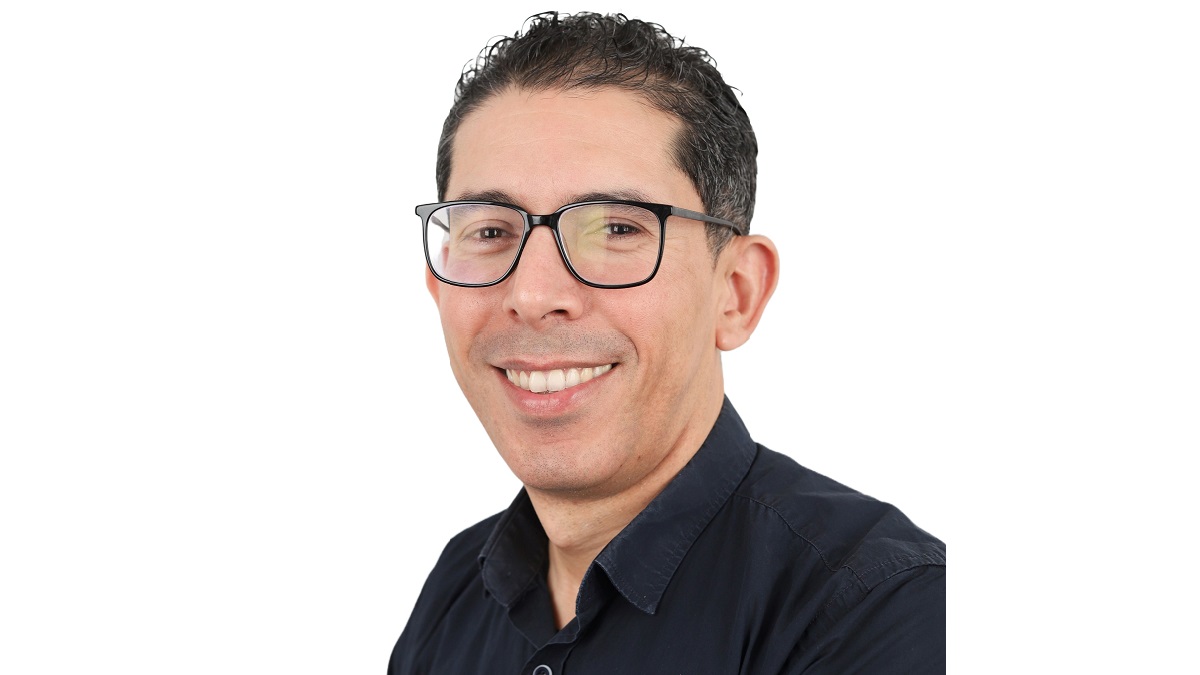The benefits of the Webb Risk integrated risk management system extend beyond simplifying the day-to-day operations of the country’s ports
The Webb Risk system uses advanced machine learning and artificial intelligence technologies to provide customs authorities with the tools they need
CAIRO, Egypt, May 8, 2024/APO Group/ —
By Bassem Chermitti, Group Product Manager at Webb Fontaine (www.WebbFontaine.com).
Egypt’s busy ports on both the Mediterranean and Red Sea, as well as several tourist and petroleum ports, are gateways for thousands of goods entering and exiting the country daily. Once these goods arrive in port, they are subject to a series of regulations, inspections, and risk assessments, which could potentially cause significant delays. With volumes like these passing through the country’s ports every day, the result of delays caused by poor risk management processes could be disastrous.
The Egyptian government realized the need for a solution that would help both customs officials and port users navigate these complex procedures and ensure that goods reach their destination on time. The government engaged Webb Fontaine to implement a state-of-the-art integrated risk management system known as Webb Risk, along with MTS (Misr Technology Services), the organization that developed Egypt’s Nafeza Single Window System.
The Webb Risk system uses advanced machine learning and artificial intelligence technologies to provide customs authorities with the tools they need to anticipate, detect, and mitigate potential risks in trade operations. Port users are also subjected to far more streamlined processes in terms of ensuring that they have the correct documentation and permissions to bring their goods into the country, and that the relevant declarations are made.
A Multi-Faceted Approach to Risk Management
The Webb Risk system employs a multi-faceted approach to risk management, focusing on four key pillars: customs intelligence, compliance criteria, predictive analysis, and random inspections. These pillars work together to ensure that customs authorities can effectively assess and manage risks associated with trade operations.
- Intelligence criteria is used to develop targeting rules by analysing data to identify patterns and trends associated with high-risk activities. This analysis may involve examining information collected from various sources, both internal and external, such as intelligence from national or international partners.
- Compliance criteria plays a crucial role. With our risk profiling module, we can accurately select operators who comply with customs standards. This capability effectively manages national programs for Authorised Economic Operators (AEO). Thus, operators reaching a high level of compliance benefit from less stringent controls.
- Predictive analysis is an essential element of the decision-making process to select high-risk shipments and enhance our solution dynamically. This method relies on historical data to anticipate potential risks. Through the use of advanced machine learning algorithms and artificial intelligence, customs authorities can identify declarations with a high level of risk, optimise resource allocation, and focus on areas where the risk of non-compliance is highest.
- Random selection complements our approach by randomly selecting low-risk declarations for occasional surprise inspections. This practice contributes to deterring fraudulent activities and behavioural change.
Benefits for Egypt’s Trade Operations
Since its implementation, Webb Risk has already resulted in significant benefits for trade operations in Egypt.
Firstly, when it comes to improved accuracy and efficiency of risk management, the benefits have been obvious. For instance, by empowering customs officials with the tools to more effectively identify and mitigate potential risks, the fraud detection rate for the year-long period between March 2023 and the end of February 2024 is sitting at around 22%..
Secondly, the implementation of Webb Risk at Egypt’s ports has also led to reduced customs clearance times, especially for operators who have been compliant in terms of following the correct procedures and guidelines. These quicker turnaround times have helped to minimize the time it takes to get goods to market, saving money for both operators and customs authorities.
Another remarkable benefit has been the increased customs revenue that Egypt has experienced. By identifying undervalued or fraudulent goods, Webb Risk has allowed for a more accurate application of customs duties and taxes, in turn contributing to the country’s customs revenue.
Positioning Egypt as an Attractive Trade Destination
The benefits of the Webb Risk integrated risk management system extend beyond simplifying the day-to-day operations of the country’s ports. The ripple effects are felt across the entire country. When goods move through ports of entry in a swift and streamlined manner, the economy benefits from increased trade and economic growth, improved competitiveness, job and revenue creation, and infrastructure development. In turn, all of this helps to position Egypt as a more attractive destination for trade and investment, and enhance the country’s reputation as a reliable trading partner, further bolstering its standing in the global market.
From Egypt to the World
Many countries around the world are experiencing similar issues with customs-related services, and Webb Risk’s Egypt success story stands out as an example of how technology can be used to improve efficiency, increase revenue, and strengthen border security, along with many other economic and social benefits.
The demonstrated effectiveness of advanced risk management technologies such as Webb Risk has set a precedent for innovation in trade facilitation in ports all over the world, and those looking to enhance their own customs operations can look to Egypt as an example.
Distributed by APO Group on behalf of Webb Fontaine.
